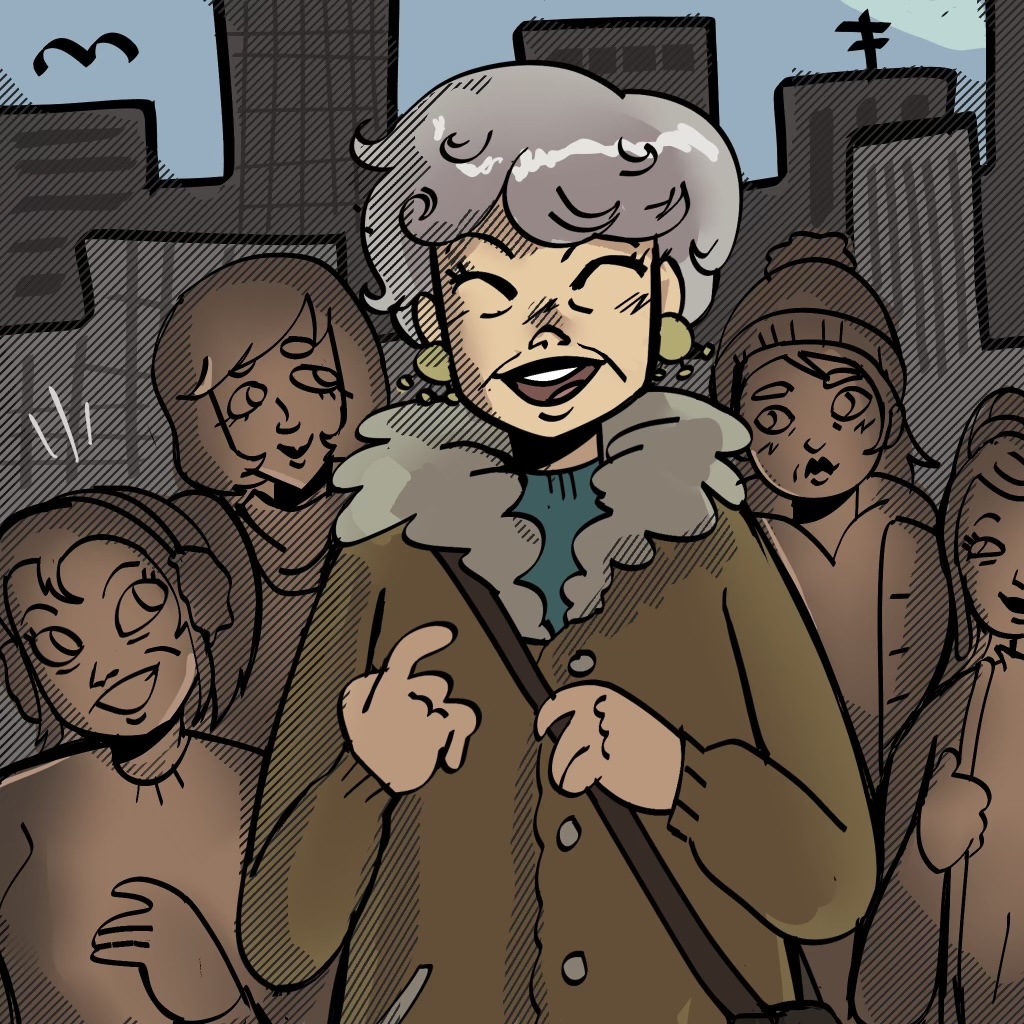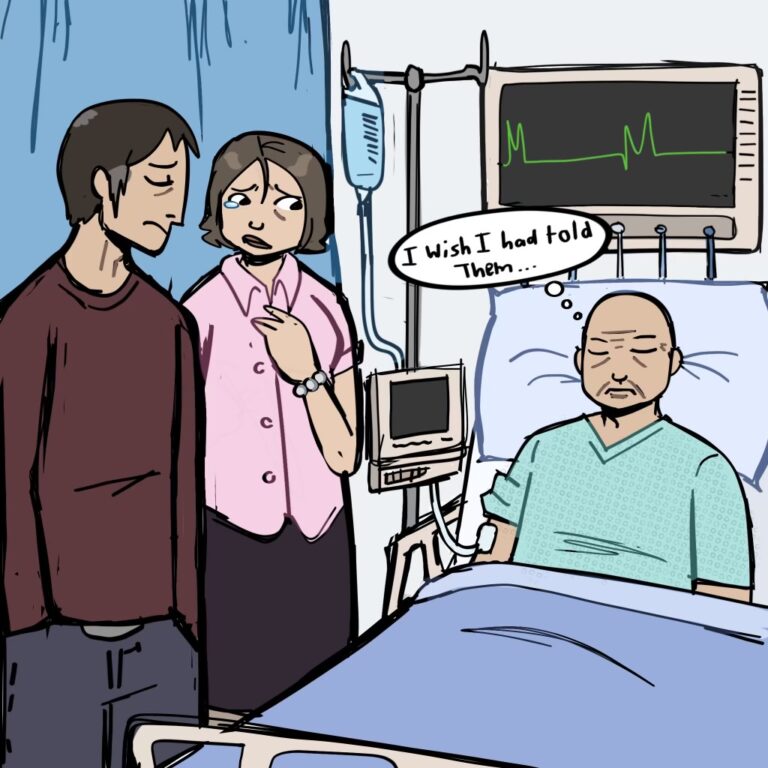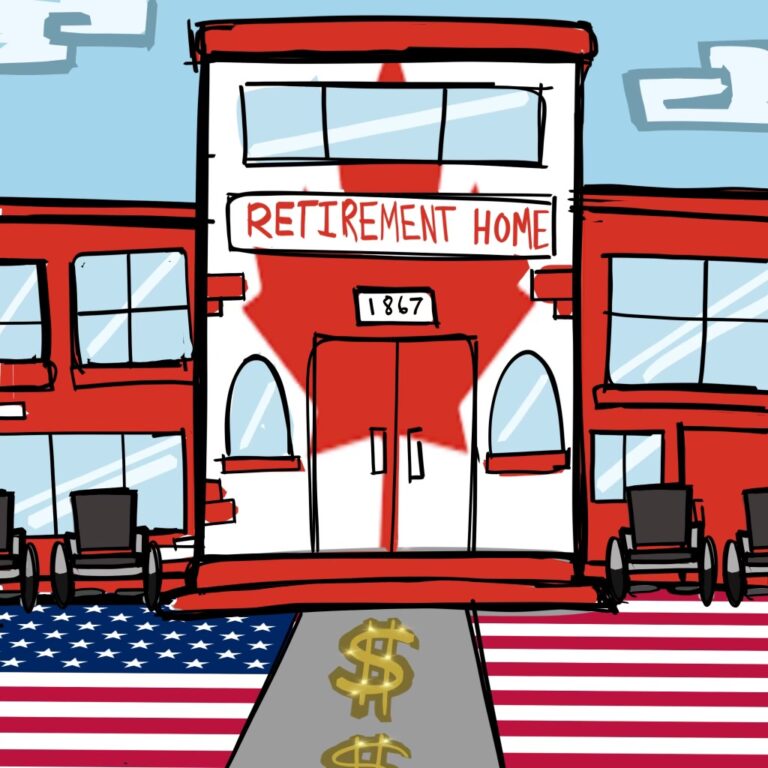Lately, I’ve been afraid to hear any news.
There are a lot of anxiety invoking things happening:
- 3 wars (that I know of)
- The acute anxiety being experienced by our kids (of all ages)
- The toxic and addictive reality of social media doom scrolling (guilty!) (See point above)
- The growing aggression people feel towards each other (or is it just me?)
- The cost of living and the absence of the living wage
- The advent of AI and all its repercussions (has anyone listened to Geoffrey Hinton’s interviews? Yikes!)
- The amount of wealth and control in the hands of a small bunch of self-important people who are only concerned about their own wealth at the expense of most other people on the planet
- The Cheeto dust storm heading north to try and change our imperfect slice of heaven
Objectively, it’s not feeling good lately.
What can we do?
All my professional years working with families, in addition to years of couples and family therapy, has taught me the following:
Focus on what we can control – our responses and our actions. How do we that? Make the best choice you can in every circumstance. Period. If you screw up, do better with the next choice, response, action.
Nothing is perfect, but a lot of things are good, very good, and that has to be the focus if we are to stay sane and kind.
The same is true when it comes to assisting our aging loved ones. So much of the situation is out of our hands, but leaning in and dealing with each challenge as it comes will help make transitions more comfortable.
Human nature tells us everything will be alright, so we wait until it most definitely it is not alright before we act. However, being just a little proactive – thinking about how to deal with future challenges – goes a long way.
We have found that about 65% of people wait until things are unbearable or a medical event dictates the need for urgent change. We get calls from people in hospitals or rehabs – with no idea of what to do – which is ok, because we always know what to do and can help. However, keep in mind, re-organizing living accommodations, creating supports and navigating a new normal under the duress of a medical crisis creates a compressed and tense timeline for the whole family. While there are always options, they do become more limited.
The other 35% of people are proactive planners. We love it when clients lean into the coming transitions. They explore all their options and select their preferences. Fun fact, these clients seem to be on the younger side – boomers. And in boomer-style, they know what they want. While these transitions are still challenging, clients feel more empowered because they initiated the change, which largely mitigates the anxiety. The transitions are less stressful, and it is a better experience of nesting and connecting rather than reacting to a situation they have been avoiding.
Either way, we have no control over time, aging, and dying, our only power lies in the way we respond and act.





